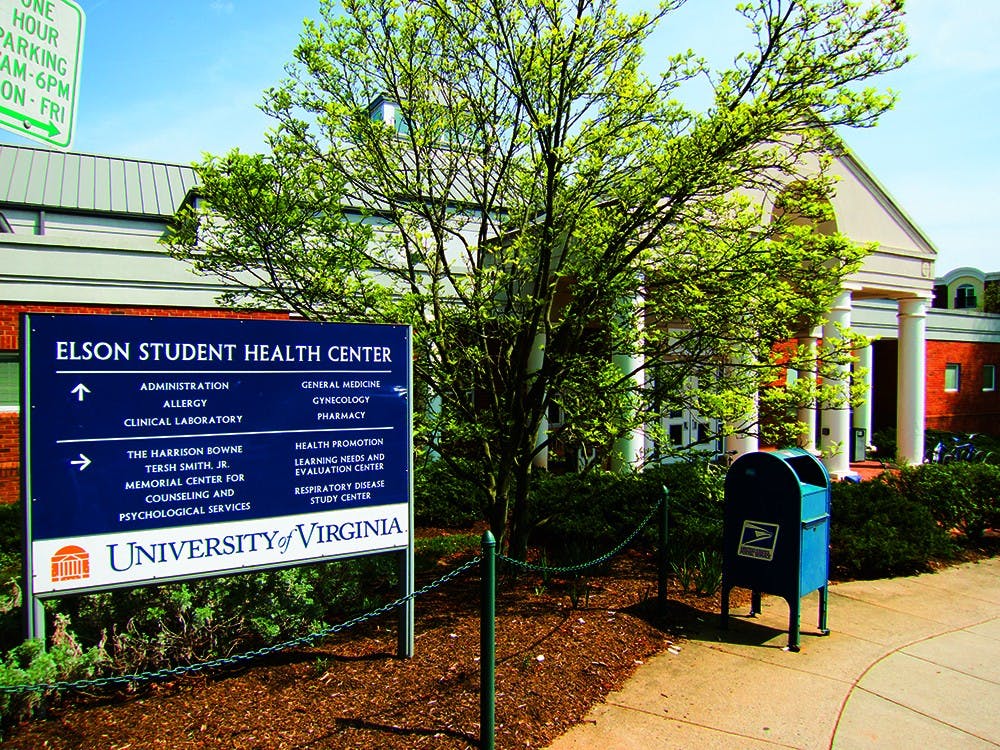An increasing number of students at the University are actively utilizing counseling center resources and seeking out psychological aid. The University’s Counseling and Psychological Services saw a 25 percent increase in the past year.
Over the last six years, the growth in the number of students seeking services at counseling centers was more than five times the rate of institutional enrollment, according to a report from the Center for Collegiate Mental Health. Furthermore, the report showed growth in counseling center appointments was more than seven times the rate of institutional enrollments.
Student Health Executive Director Chris Holstege said the past year’s growth could only partially be attributed both to the increasing student population.
“When you look at that growth, we have an increasing student population, too — you have to take that into account. But even with that you have more students coming into counseling towards extra services,” Holstege said.
There are a number of reasons for this rapid growth, Holstege said. The counseling services are doing more outreach and there are more counselors who are available for students to be seen. But Holstege also suggested additional factors contributing to the growth rate of student psychological services.
“We know from the data in high school that before the students come [to college], across the nation, there is more anxiety among the student population. There is also more depression,” Holstege said. “We also know that the students are now more comfortable seeking out some counseling services. The combination of the anxiety, the depression and the [counseling] availability which decreases barriers all influence the growth rate.”
The fact that an increasing number of students are seeking out psychological help has both positive and negative aspects, Holstege said.
“We need to look at why our [students are] pressing towards anxiety. That’s the negative part,” Holstege said. “The positive part is that students are actually seeking help and we certainly don’t want them to be unable to articulate or even leave the University.”
Holstege encouraged students to efficiently and actively utilize psychological help when needed.
“The whole emphasis of the student help is that we want to make sure our students can articulate, do very well, and succeed here,” Holstege said.
Charlotte Chapman, director of counseling services at the Maxine Platzer Lynn Women’s Center, said the center has also seen an increase in students seeking psychological aid.
“The number of students the Women’s Center receives has gone up each year,” Chapman said. “There has been a gradual rise over the past six years.”
The Women’s Center offers free counseling and other services to University students, faculty and staff. Chapman noted how limited resources at the center have prevented it from being able to see the large number of students who come seeking help.
“We always have a waiting list, usually by the middle of September. We only have three counselors, as opposed to CAPS,” Chapman said. “Two [counselors] specialize in trauma — they’re the ones the students see with relationship violence. And we have one who sees all students. We also see staff and faculty, so we’ve always [had] high demand for our services.”
Last year, the University funded three new positions for the Women’s Center in the wake of a later-retracted Rolling Stone article which brought the topic of sexual assault on college campuses to the forefront of national news.
“Up until last year, I only had one full time counselor. After the Rolling Stone article, [University] President [Teresa] Sullivan authorized, with the Provost’s Office, funding for two new counselor positions and one sexual assault and personal assault education outreach person,” Chapman said.
Chapman said the creation of these new positions allowed the center to see more students than in years past.
“In the past we had to refer students into community because we only had one counselor,” Chapman said. “Now we are able to keep more students on campus, which is good.”







